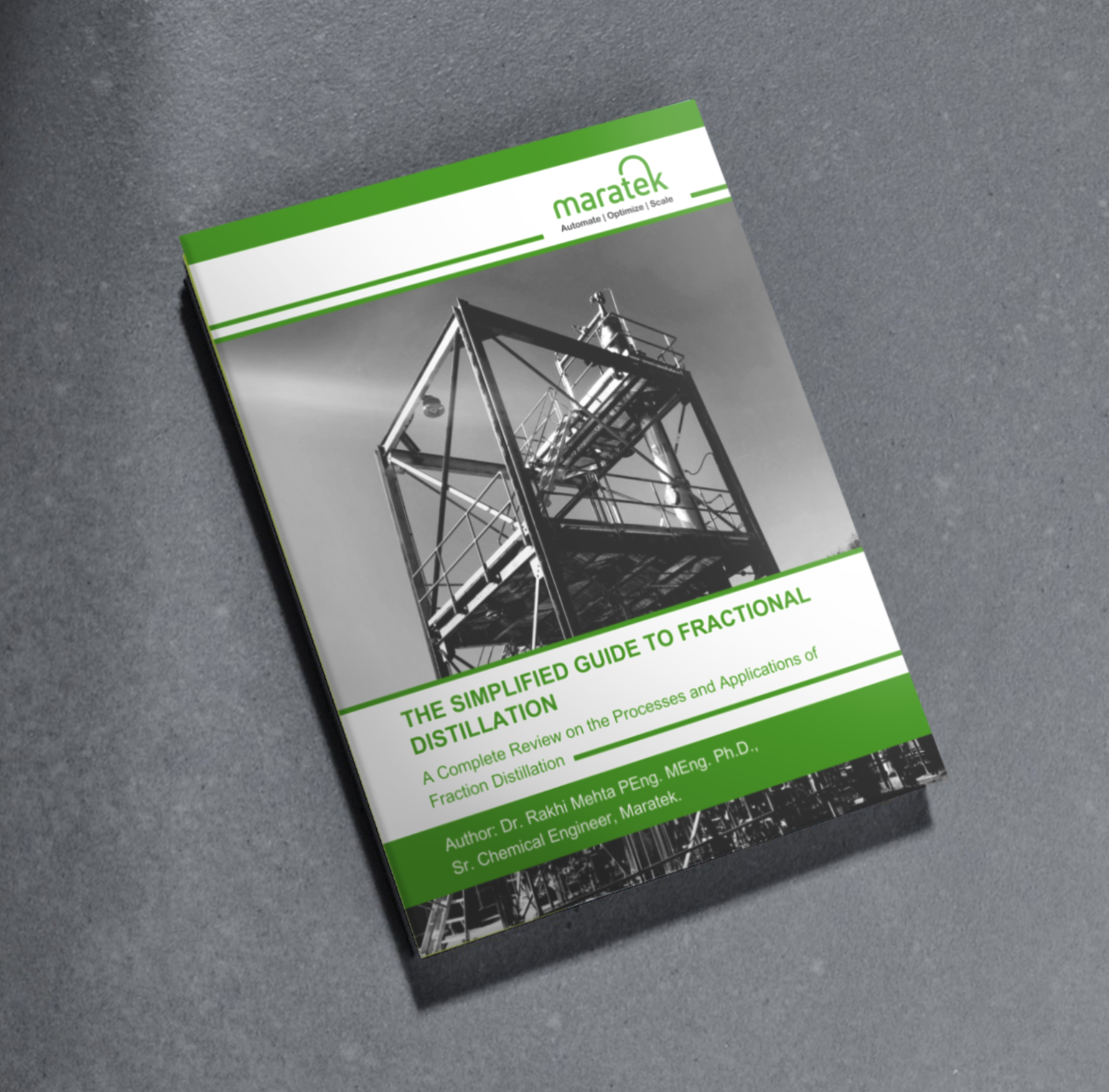Solvent Distillation Safety Part I
Recovering solvent through distillation is an excellent way to reduce operating costs for companies with low volume to an extremely high volume solvent use. Companies can recycle their own waste solvent to reduce the cost of waste disposal, and replacement their consumption of new solvent. Processing on-site also lowers their environmental liabilities in a safe manner when using the proper equipment.
Solvent distillation involves sufficiently heating waste solvent to cause evaporation. The evaporated solvent separates from the waste, to be cooled and collected for reuse. Safety related concerns can vary based on the solvent and waste type. A variety of safety concerns and solutions are described below.
Class I Division I MetLab Certification
MetLab Safety Certifications are widely accepted by regulatory authorities in North America at the federal, state/provincial and local level as a standard of safety for equipment used in hazardous conditions. The certification is designated by a Class and a Division which describe the operational environment in which equipment can be used.
Class I designates that equipment can be used in a location made hazardous by the presence of flammable gases or vapors present in the air in sufficient quantities to produce and explosive or ignitable mixture. Division I designates equipment to be operated in a location that will likely have hazardous condition under normal operation.
To reach Class I Division I standards, Maratek Environmental’s solvent recovery equipment are built and certified to Class 1, Division 1 using motors, electrical components and parts that also have Class I Division I classifications. Our equipment is also compliant and certified with Class I and Division I CSA safety standards.
High Pressure and High Temperatures in the Distillation Chamber
Depending on the application, solvent distillation systems are designed to safely operate at a variety of pressures (positive and negative) and temperatures. With vacuum assisted distillation systems, the operational pressure is usually under atmospheric pressure ie. negative pressure. With fractional column distillation systems, the operational pressure is positive in order to guide the solvent vapor up the column more efficiently.
The ideal pressure and temperatures to operate at varies based on the system and solvent being processed. Pressure increases can be caused by the rare blockage of the tube used to collect the solvent fumes to carry them to the condenser. Blockages can also occur rarely due to improper filling of the chamber, improper cleaning of the tube and high levels of foaming of the solvent.
Maratek Environmental’s systems are equipped with pressure and temperature sensors to proactively detect and turn off the system automatically should any over-pressure or over-temperature situation occur. For further safety redundancy, there is also a pressure release valve or seal to mechanically avoid over pressurization which vents the excess vapor/pressure to proactively and safely release the pressure.
In such an event, the system should be stopped immediately and an analysis on the cause of the pressure increase along with any required repairs must be done before the system can be used again. The safety valve and cover should never be blocked or covered. If the valve of seal is opened, there could be a certain volume of relatively high temperature solvent in liquid and/or gaseous form to escape the chamber which could be a safety concern. Depending on the system design, the vapor can be vented to a collection drum, another room or outdoors if needed or required.
This is the first part of a three part series on solvent distillation safety, be sure to check back next week for the second part of this.
You'll be in good hands at Maratek - As market leaders in waste recycling for the last 20 years, we take pride in providing our customers throughout North America with reliable, innovative, and cost saving recycling solutions. Contact us today and we'll help you to establish a safe, reliable, and environmentally friendly solution for solvent or wastewater recovery and recycling.





